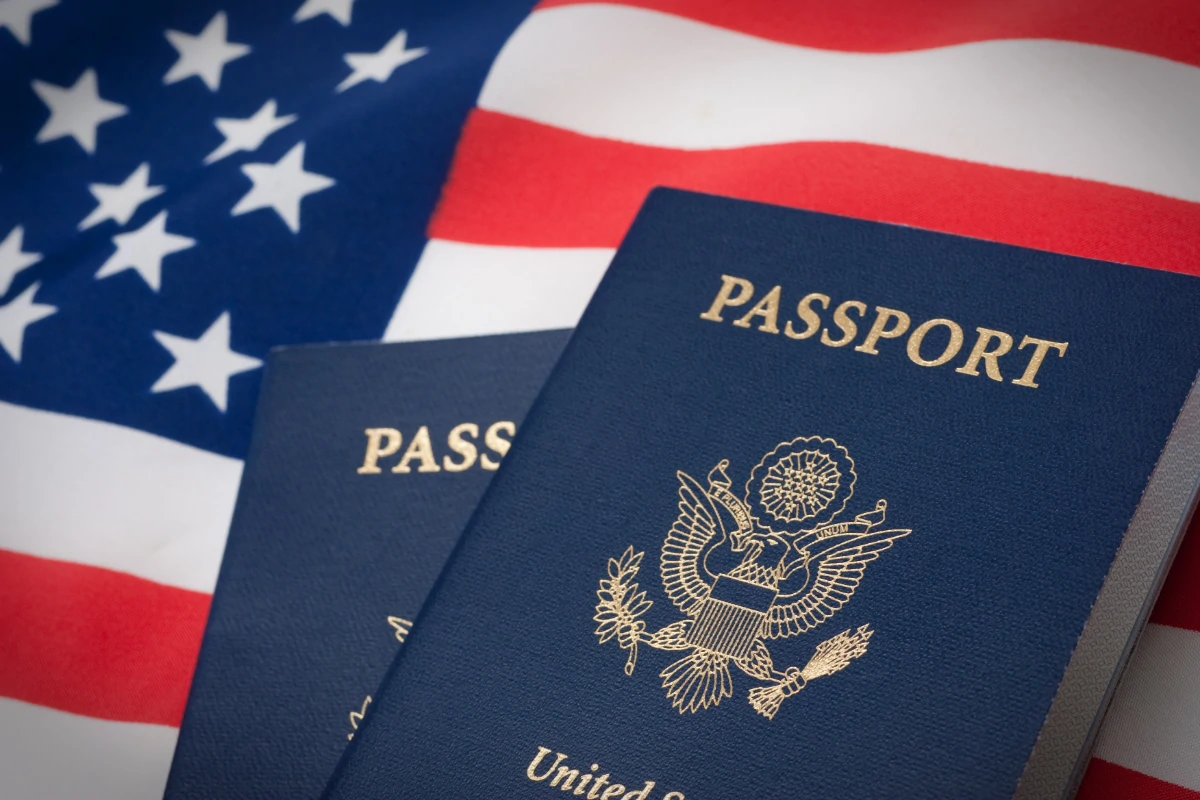Can You Have More Than One Passport? Answer is – Yes, it is possible to have more than one passport. Many countries allow dual citizenship, which means you can be a citizen of two different countries and hold passports from both. Additionally, some countries, like the United States, allow citizens to have a second passport for specific reasons, such as frequent travel requiring multiple visas.
Summary
- Dual citizenship is legal in many countries, allowing individuals to hold multiple passports.
- Some countries issue second passports to citizens for specific reasons (e.g., frequent travel, conflicting visas).
- Having multiple passports can offer benefits like easier travel and access to more rights and privileges.
- It’s important to understand the laws and regulations regarding dual citizenship in your countries of interest.
Can You Have More Than One Passport?
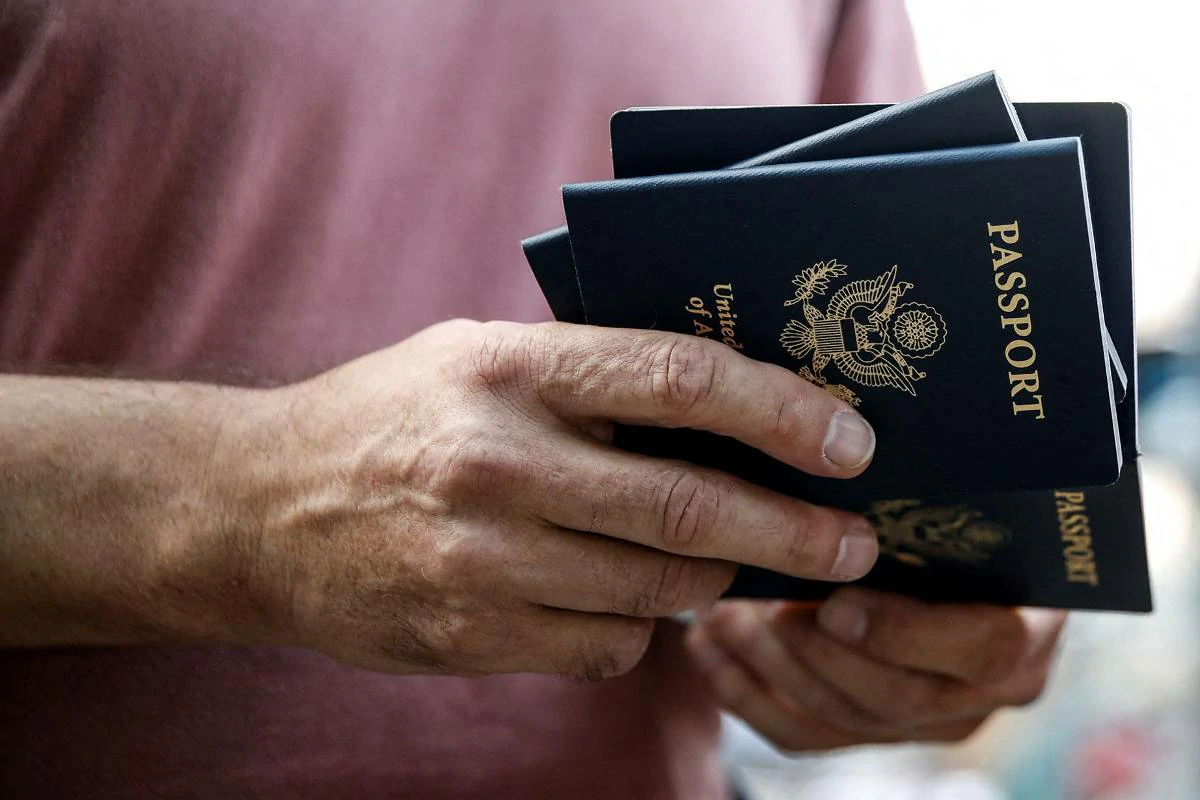
What is a Passport?
In the simplest terms, a passport is an official document issued by a government that certifies the holder’s identity and nationality, primarily for the purpose of international travel. It serves as a globally recognized form of identification, allowing you to cross borders and access consular assistance abroad.
More than just a booklet with your photo and personal information, a passport symbolizes your connection to a nation and your right to its protection while you’re in a foreign land.
“A passport is not just about the ability to travel; it’s a tangible expression of citizenship and belonging,” says renowned travel writer Pico Iyer.
Why Would Someone Want More Than One Passport?
The allure of multiple passports lies in the freedom and opportunities they unlock. Imagine the convenience of seamless travel, bypassing visa restrictions, and accessing a wider range of countries with ease. Multiple passports can also offer:
- Increased security: If one passport is lost or stolen, you have a backup for your travels.
- Asset protection: Some countries offer favorable tax or investment climates for their citizens.
- Dual citizenship benefits: Enjoy the rights and privileges of both countries you belong to.
These are just a few reasons why individuals seek the advantages of multiple passports.
As world traveler and entrepreneur Chris Guillebeau puts it, “For me, holding multiple passports is about maximizing options and minimizing limitations.”
Can Anyone Have More Than One Passport?
The answer is a resounding yes, but with a caveat. While the concept may seem exclusive, the reality is that dual citizenship, and therefore multiple passports, is more accessible than you might think.
Many countries recognize dual citizenship, either by descent, marriage, or naturalization. In fact, according to a 2021 report by the Migration Policy Institute, over 50 countries formally permit dual citizenship.
Dual Citizenship
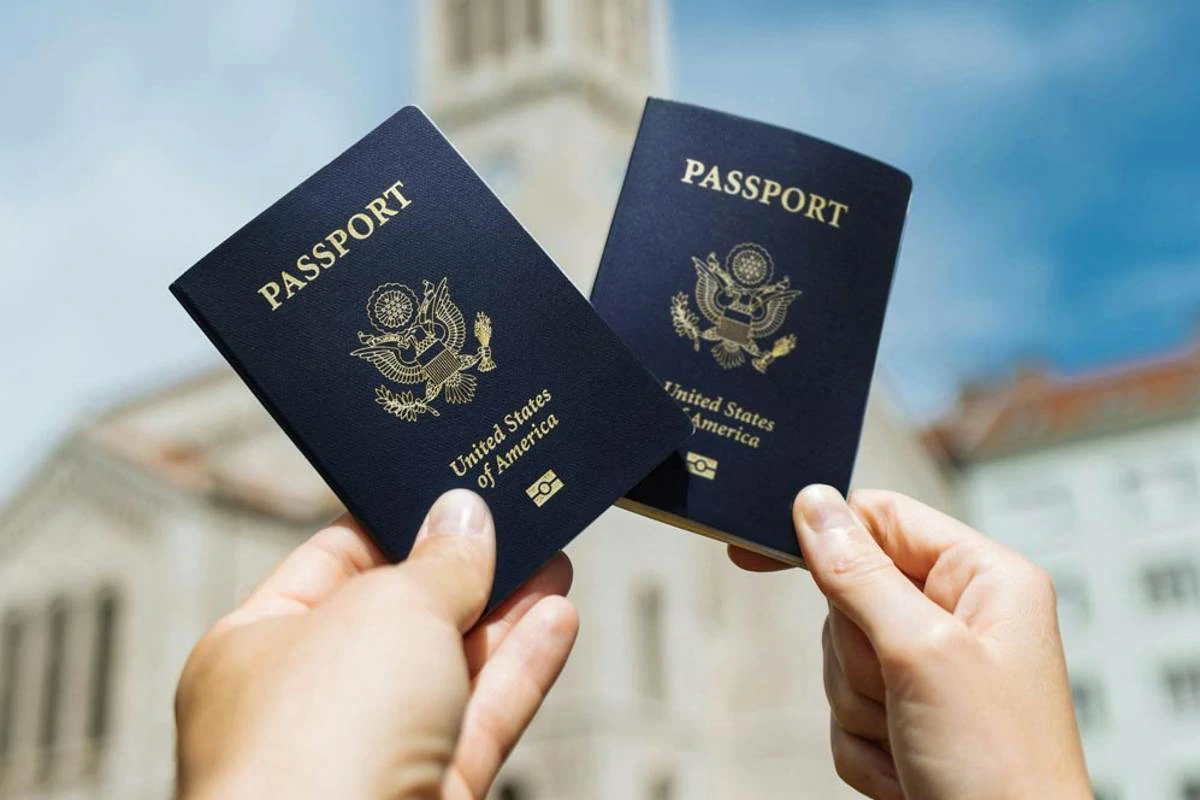
1. What is Dual Citizenship?
Dual citizenship, at its core, is the legal status of being a citizen of two countries simultaneously. This means you have the rights, privileges, and obligations of both nations, including the ability to hold two passports.
The concept of dual citizenship has become increasingly prevalent in our globalized world, where individuals may have familial ties, professional opportunities, or personal aspirations spanning multiple countries.
As legal scholar Peter J. Spiro notes in his book Citizenship and National Identity, “Dual nationality is the wave of the future, an inevitable consequence of increasing cross-border migration and intermarriage.”
2. How to Obtain Dual Citizenship
The pathways to dual citizenship are as diverse as the individuals who seek it. The most common routes include:
By Descent: If your parents are citizens of different countries, you may be eligible for dual citizenship from birth. This form of citizenship is often automatic, depending on the laws of each country.
By Marriage: Marrying a citizen of another country can often open doors to dual citizenship. However, most countries require a certain period of residency and may have additional requirements like language proficiency tests.
By Naturalization: This path involves fulfilling specific criteria set by the country you wish to acquire citizenship in. This typically includes a period of legal residency, demonstrating good moral character, and passing a citizenship test.
It’s important to consult with immigration lawyers or experts specializing in dual citizenship for guidance on the specific requirements and processes for each country.
3. Countries That Allow Dual Citizenship
A multitude of countries across the globe embrace the concept of dual citizenship. Some notable examples include:
Canada: Known for its multiculturalism, Canada welcomes dual citizens and actively encourages immigrants to maintain ties to their countries of origin.
United States: Although the U.S. doesn’t actively promote dual citizenship, it doesn’t prohibit it either. Americans can naturalize in another country without losing their U.S. citizenship.
United Kingdom: The UK permits dual citizenship with no restrictions, allowing individuals to hold British citizenship alongside that of another country.
Australia: Similar to the UK, Australia fully recognizes dual citizenship, offering its citizens the flexibility to embrace their multiple national identities.
4. Countries That Don’t Allow Dual Citizenship
While dual citizenship is gaining acceptance worldwide, some countries maintain a more restrictive stance. These countries may require individuals to renounce their existing citizenship before granting a new one. Some examples include:
China: China generally does not recognize dual citizenship, although there are limited exceptions for individuals born with dual citizenship due to their parents’ nationalities.
India: India has historically prohibited dual citizenship but has recently introduced the Overseas Citizenship of India (OCI) program, which offers some benefits of citizenship to individuals of Indian origin.
Japan: Japan generally requires individuals to choose one nationality upon reaching adulthood, although there are exceptions for those who acquired dual citizenship involuntarily.
Second Passports
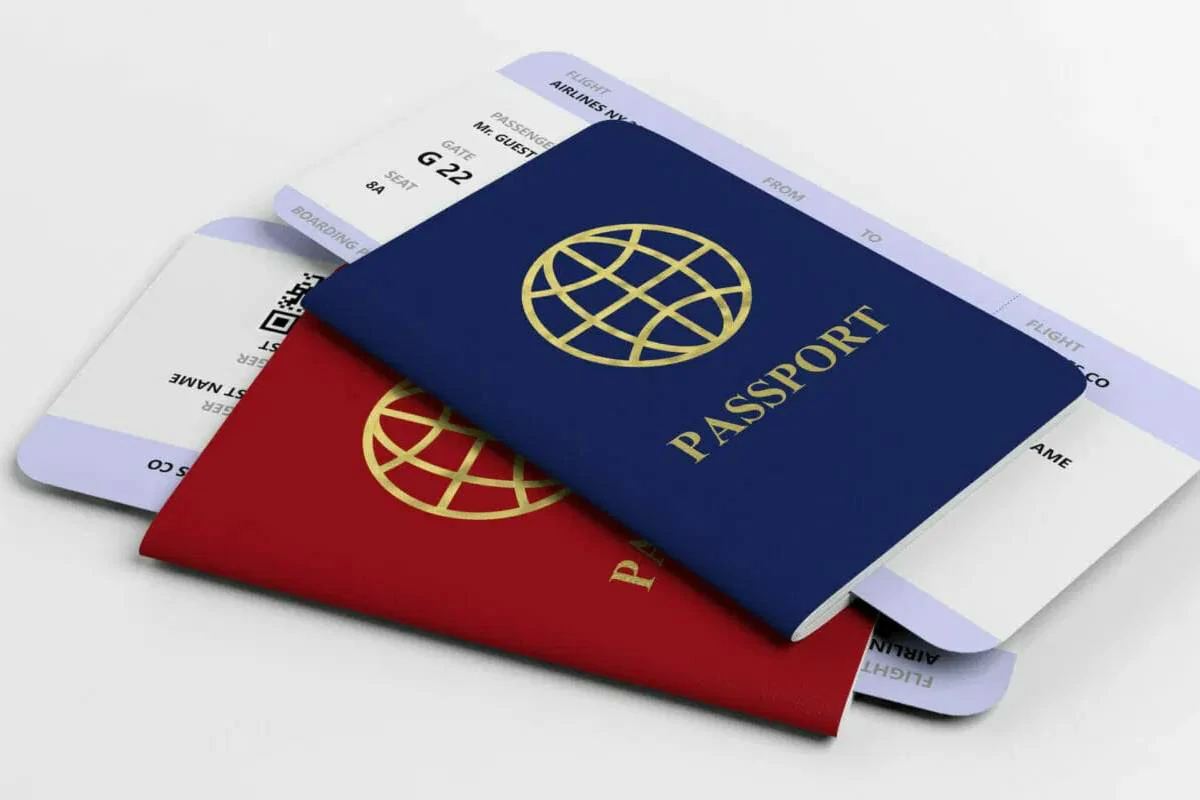
1. Reasons for Obtaining a Second Passport
Even without dual citizenship, some countries, like the United States, allow their citizens to hold a second passport under specific circumstances. This isn’t about dual nationality but rather a practical tool to navigate the complexities of international travel.
The reasons for obtaining a second U.S. passport are varied and often driven by necessity:
Frequent Travel: For individuals who frequently travel internationally, especially to countries with lengthy or complex visa processes, a second passport can be a lifeline. While one passport is tied up at an embassy for visa processing, the other remains available for travel, preventing disruptions to your itinerary.
“As a frequent business traveler, having a second passport has been a game-changer,” says Sarah Williams, a global marketing consultant. “It allows me to maintain my travel schedule without worrying about visa delays.”
Conflicting Visas: Some countries have political tensions that manifest in their visa policies. For example, a passport with an Israeli stamp might make it difficult to enter certain Middle Eastern countries. A second passport can offer a workaround, allowing you to travel freely without raising red flags.
Security Concerns: In regions with heightened security risks or political instability, a second passport can offer an additional layer of protection. If one passport is lost or stolen, you have a backup for identification and travel.
2. How to Obtain a Second Passport in the US
If you believe you qualify for a second U.S. passport, the application process involves several key steps:
1. Gather Required Documents: You’ll need your current passport, a completed DS-82 form (application for a U.S. passport by mail), a recent passport photo, and supporting documentation to prove your need for a second passport (e.g., travel itinerary, proof of visa applications).
2. Complete and Submit Application: Fill out the DS-82 form accurately and submit it along with the required documents and fees to the address specified on the form. You can find detailed instructions and the latest information on the U.S. Department of State’s official website: How to Apply for a Second Passport Book.
3. Await Processing: The processing time for second passport applications can vary, so it’s best to apply well in advance of your travel plans.
4. Receive Your Second Passport: Once approved, your second passport will be mailed to you. It’s crucial to keep both passports secure and up-to-date.
It’s worth noting that second passports are typically issued with a limited validity period, often two to four years. The idea is to provide a temporary solution while your primary passport is unavailable for travel due to visa processing or other reasons.
Benefits of Having Multiple Passports
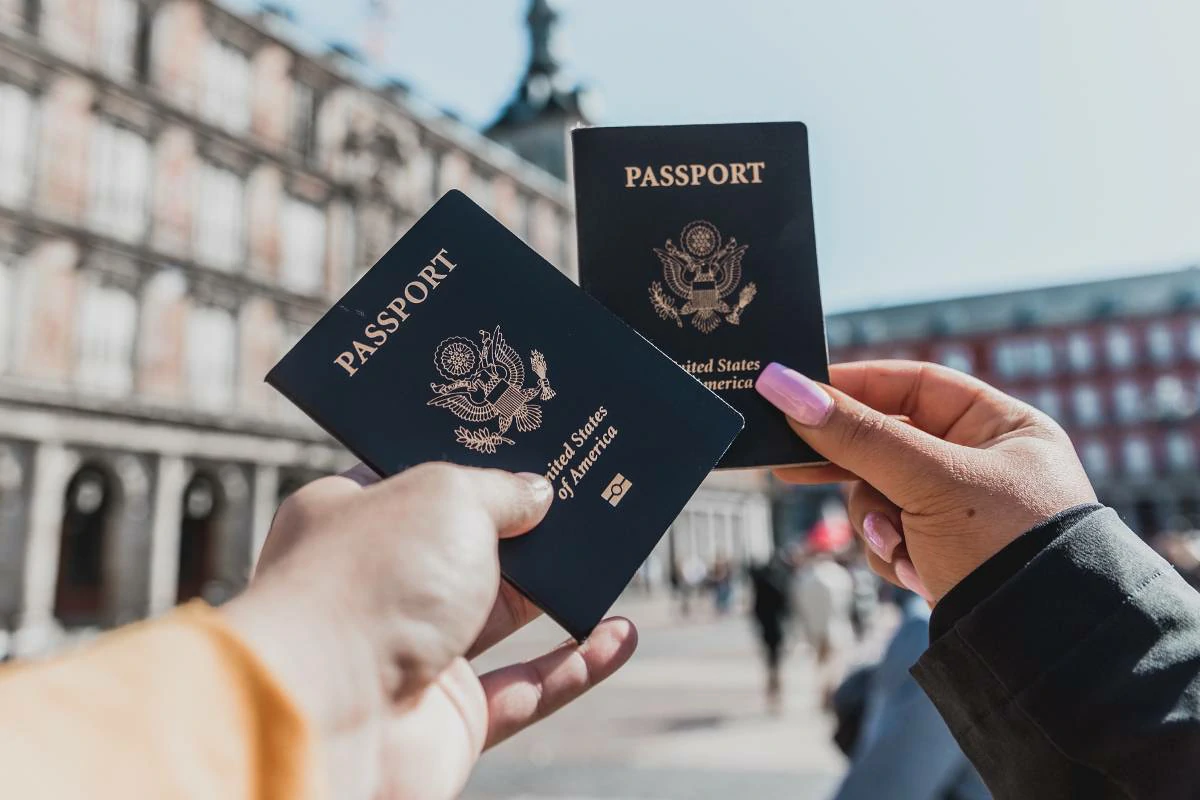
1. Easier Travel
The most immediate and tangible benefit of holding multiple passports is the unparalleled freedom of movement it offers.
With two or more passports, you essentially gain access to the combined visa-free travel privileges of each country you’re a citizen of.
This can translate to seamless travel across continents, avoiding the hassle of visa applications and potential rejections.
As globetrotter and travel blogger Nomadic Matt says, “Having multiple passports has opened up a world of travel possibilities for me. It’s like having a master key to unlock new destinations and experiences.”
For instance, if you hold both a U.S. and an EU passport, you can freely travel within the entire European Union without any restrictions, enjoying the Schengen Area’s seamless border crossings. This is just one example of how multiple passports can simplify your travel experience.
2. Increased Security
In an unpredictable world, having a backup passport provides an invaluable sense of security. If your primary passport is lost, stolen, or damaged while traveling, you’re not stranded.
You can rely on your second passport for identification and continued travel. This is particularly crucial if you’re in a remote location or a country with limited consular services.
Furthermore, some countries may have political tensions or conflicts that could put your safety at risk. A second passport with a different nationality can be a discreet way to navigate sensitive situations and avoid unwanted attention. It’s like having an exit strategy, providing you with peace of mind and options in times of crisis.
3. Access to More Rights and Privileges
Dual citizenship isn’t just about travel perks. It also grants you the rights and privileges of both countries you belong to. This can include the right to live and work in either country, access to healthcare and social services, and the ability to vote in elections.
For example, if you hold both a Canadian and a French passport, you can take advantage of Canada’s robust social welfare system and France’s rich cultural heritage. You can also enjoy the freedom to pursue career opportunities in either country without the need for work visas or permits.
“Having dual citizenship has given me the best of both worlds,” says Emily Chen, a dual citizen of Canada and China. “I feel connected to both my heritage and my adopted home, and I have the flexibility to live and work wherever I choose.”
4. Tax Benefits (in some cases)
In certain situations, holding multiple passports can lead to tax advantages. This is often related to countries with territorial tax systems, where residents are taxed only on income earned within the country’s borders.
By strategically residing in a country with a favorable tax regime, you can potentially reduce your overall tax burden.
However, it’s important to note that tax laws are complex and vary from country to country. It’s crucial to consult with a qualified tax advisor to fully understand the tax implications of holding multiple passports and to ensure compliance with all applicable laws.
Drawbacks of Having Multiple Passports
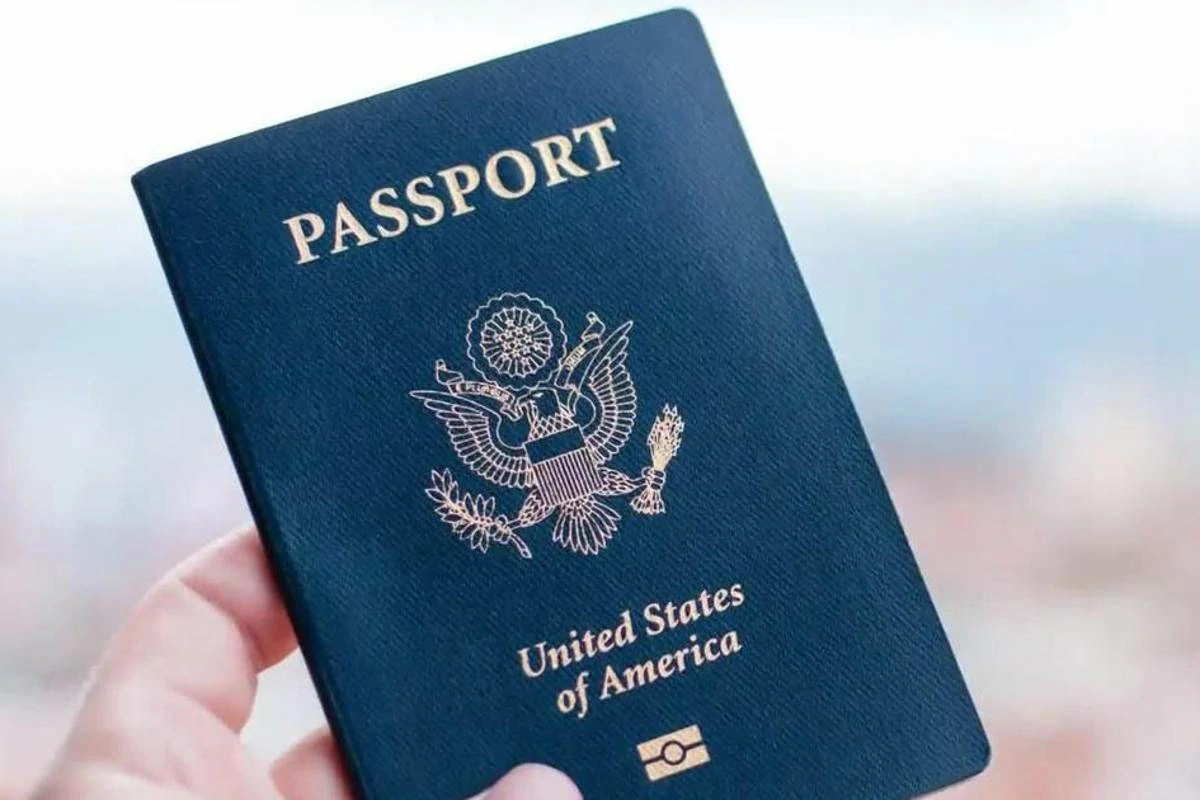
While the allure of multiple passports is undeniable, it’s essential to acknowledge the potential drawbacks that come with this unique status. Like any major decision, obtaining dual citizenship or a second passport requires careful consideration of both the benefits and the challenges.
1. Increased Responsibility
Holding multiple passports means you’re subject to the laws and obligations of multiple countries. This can include tax responsibilities, military service requirements, and adherence to varying legal systems.
For instance, if you’re a dual citizen of the United States and Israel, you could be subject to mandatory military service in both countries. It’s crucial to research and understand the specific obligations associated with each country you’re a citizen of to avoid any legal complications.
“Dual citizenship is a privilege that comes with responsibilities,” says immigration attorney Emily Schneider. “It’s important to be aware of the laws and regulations of both countries and to fulfill your obligations as a citizen.”
2. Potential for Confusion
Juggling multiple passports can sometimes lead to confusion, especially when traveling. You need to be mindful of which passport to use for entry and exit from different countries, as well as for visa applications.
There’s also the risk of accidentally using the wrong passport, which could result in delays or even denial of entry.
“It’s like having two different identities,” says travel writer and dual citizen, Anna Davies. “You have to be organized and keep track of which passport to use in different situations.”
3. Possible Tax Complications
Depending on your circumstances, holding multiple passports could complicate your tax situation. If you’re a U.S. citizen, you’re generally required to report your worldwide income, regardless of where you reside.
This can lead to potential double taxation if you also have tax obligations in another country. It’s essential to consult with a tax professional who specializes in international taxation to understand your specific tax liabilities and to avoid any penalties.
“Tax compliance can be a complex issue for dual citizens,” says tax advisor David Lee. “It’s crucial to seek professional guidance to navigate the intricacies of international tax laws and ensure you’re meeting your obligations.”
4. Scrutiny from Authorities
While dual citizenship is legal in many countries, it can sometimes attract scrutiny from authorities. This is particularly true if you’re traveling between countries with political tensions or if you’re involved in activities that could be perceived as suspicious.
For instance, holding passports from both the United States and Iran could raise eyebrows at border crossings and lead to additional questioning.
“It’s important to be aware that dual citizenship can sometimes raise concerns among immigration officials,” says security expert John Miller. “Be prepared to answer questions about your travel history, reasons for holding multiple passports, and any potential ties to countries of concern.”
Legal and Ethical Considerations
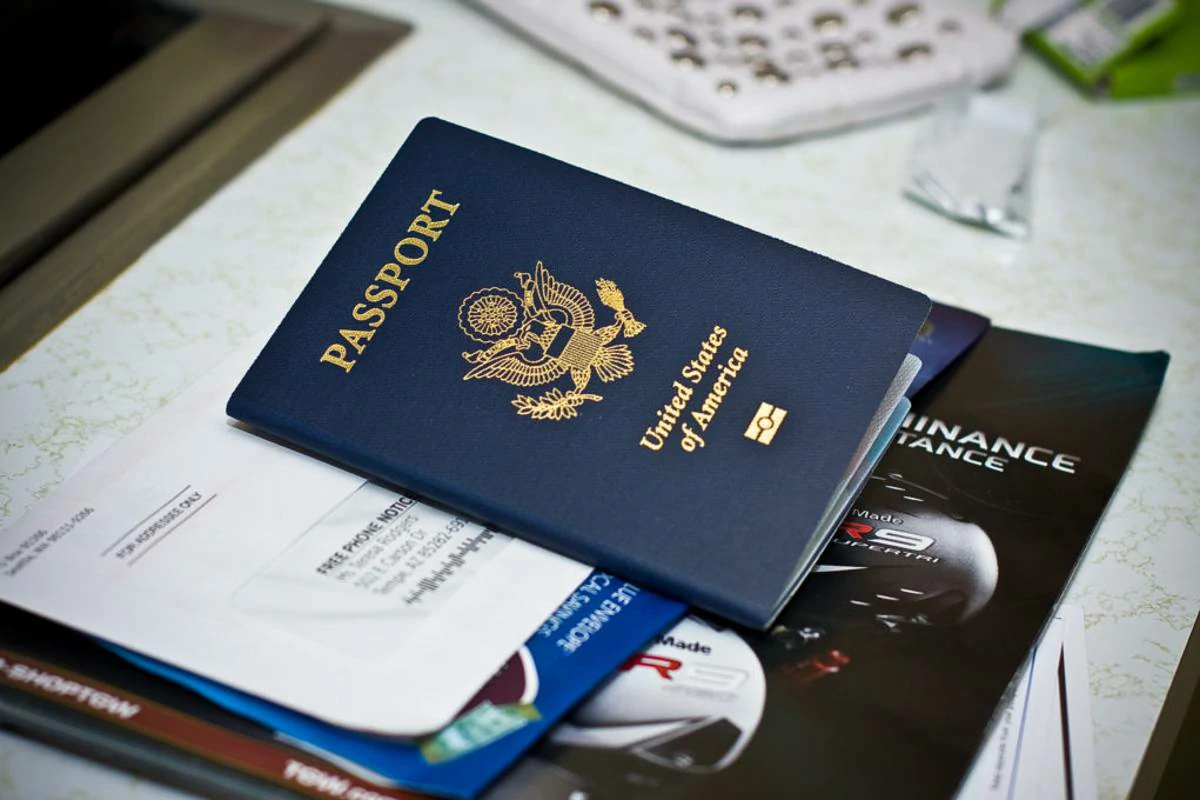
Navigating the complexities of multiple passports doesn’t end with understanding the practical benefits and drawbacks. It also involves grappling with legal and ethical considerations that can have significant consequences.
1. Disclosure Requirements
Honesty and transparency are paramount when dealing with multiple citizenships. Most countries require you to disclose your dual nationality status when applying for passports, visas, or government benefits.
Failure to do so can result in severe penalties, including fines, imprisonment, or even revocation of your citizenship.
“Transparency is key to maintaining good standing with both countries,” says immigration lawyer Mark Johnson. “Always disclose your dual citizenship status when required and seek legal counsel if you have any doubts or concerns.”
2. Military Service Obligations
One of the most significant ethical considerations for dual citizens is the potential for conflicting military service obligations.
If you hold citizenship in two countries that are at war with each other, you could be obligated to serve in both armies, putting you in a difficult and potentially dangerous situation.
It’s essential to research the military service laws of both countries and understand your responsibilities before committing to dual citizenship.
“Military service is a serious obligation that should not be taken lightly,” says retired military officer Colonel Robert Smith. “Dual citizens need to carefully consider their potential military obligations and make informed decisions about their citizenship status.”
3. Renouncing Citizenship
In some cases, individuals may decide to renounce one of their citizenships. This could be due to various reasons, such as avoiding military service, simplifying their tax situation, or resolving conflicting loyalties.
However, renouncing citizenship is a significant decision with legal and personal implications. It’s crucial to seek professional advice and understand the consequences before taking this step.
“Renouncing citizenship is not a decision to be made lightly,” says immigration attorney Maria Garcia. “It’s a complex process with potential long-term consequences for you and your family.”
Case Studies
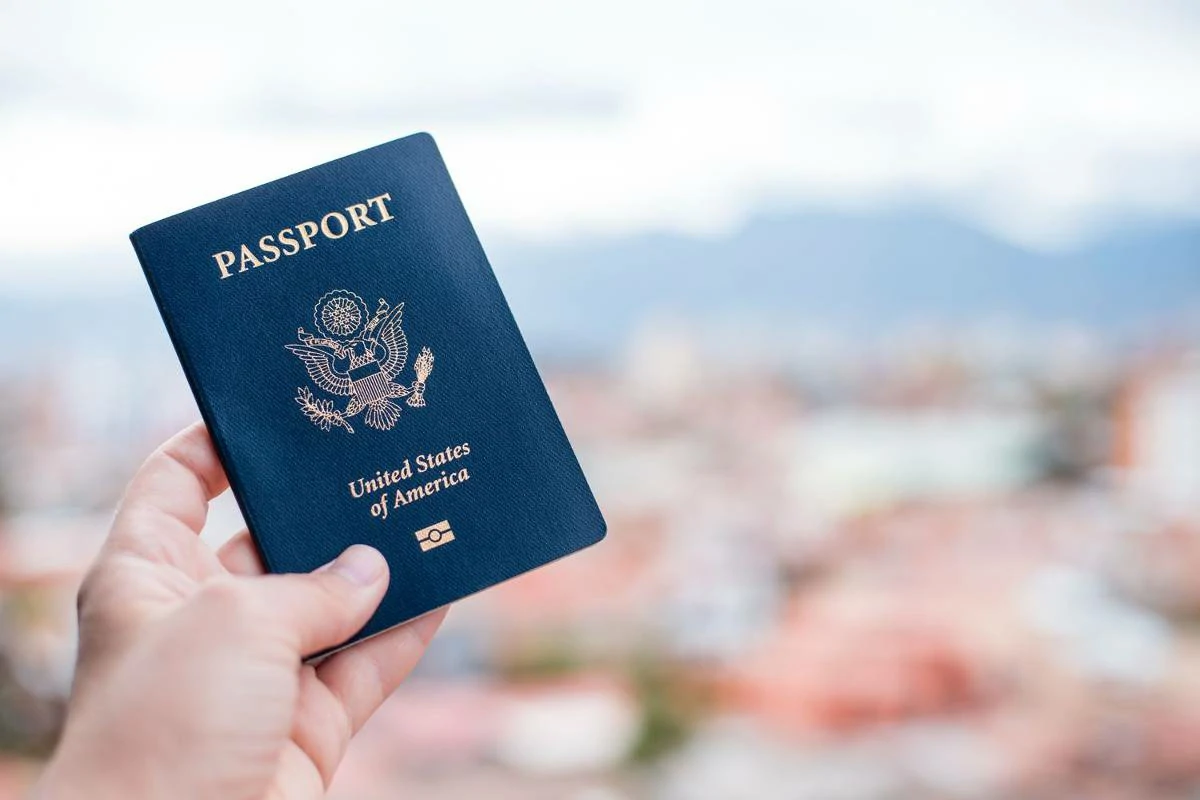
1. Real-Life Examples of People with Multiple Passports
To shed light on the lived experiences of individuals with multiple passports, let’s explore some real-life examples:
The Global Entrepreneur
Meet Alex, a successful entrepreneur who holds passports from the United States, Canada, and the United Kingdom. His multiple citizenships have allowed him to establish businesses in different countries, expand his network, and travel freely for both work and leisure.
The Expat Family
The Smiths, a family of four, hold both American and Australian passports. Their dual citizenship has enabled them to relocate to Australia for a better quality of life, while still maintaining ties to their American heritage and family.
The Digital Nomad
Sarah, a freelance writer and digital nomad, holds passports from the United States and Portugal. Her dual citizenship allows her to live and work in different parts of the world, experiencing diverse cultures and lifestyles while pursuing her career.
2. Their Experiences and Challenges
These individuals have experienced both the joys and challenges of holding multiple passports.
While they enjoy the freedom of movement, expanded opportunities, and diverse cultural experiences, they also face the complexities of managing multiple legal obligations, navigating different tax systems, and addressing potential security concerns.
“It’s not always smooth sailing,” says Alex, the global entrepreneur. “There are definitely challenges that come with holding multiple passports, but the benefits far outweigh the drawbacks for me.”
The Smiths echo this sentiment, adding that they have had to carefully plan their finances and legal affairs to ensure compliance with both American and Australian laws.
Sarah, the digital nomad, emphasizes the importance of being organized and staying informed about the ever-changing regulations related to dual citizenship and international travel.
These case studies illustrate the diverse experiences and challenges faced by individuals with multiple passports. They highlight the importance of careful planning, research, and seeking professional advice to navigate the complexities of this unique status
Conclusion
In our increasingly interconnected world, the concept of holding multiple passports is no longer a novelty but a reality for many individuals seeking to expand their horizons, enhance their security, and embrace their diverse identities. While the path to dual citizenship or obtaining a second passport may be complex, the benefits it offers can be life-changing.
It’s important to remember that the decision to pursue multiple passports is a personal one, with unique considerations for each individual. By weighing the benefits and drawbacks, understanding the legal and ethical implications, and seeking professional guidance when needed, you can make an informed choice that aligns with your goals and values.
Whether you’re a globetrotter seeking seamless travel, an entrepreneur looking to expand your business ventures, or an individual with familial ties to multiple countries, the journey towards multiple passports can be a rewarding one. Embrace the opportunities it presents, navigate the challenges with diligence, and unlock a world of possibilities that extend beyond borders.
FAQs
Can I have more than two passports?
Yes, it’s possible to hold more than two passports if you have citizenship in multiple countries. There’s no legal limit on the number of passports you can hold, as long as each one is valid and obtained legally.
Do I need to renounce my current citizenship to obtain a second passport?
Not necessarily. Many countries allow dual citizenship, meaning you can hold passports from two or more countries without renouncing your existing citizenship. However, some countries may require you to renounce your previous citizenship before granting you a new one.
Can I travel with two passports from the same country?
Yes, in some cases, you can have two valid passports from the same country. For example, the United States allows citizens to hold a second passport for specific reasons, such as frequent travel or conflicting visas. However, you’ll need to provide a valid reason for needing a second passport.
What are the tax implications of holding multiple passports?
Tax implications vary depending on the countries involved and your personal circumstances. It’s crucial to consult with a tax professional who specializes in international taxation to understand your specific tax liabilities and obligations.
Is it ethical to hold multiple passports?
Holding multiple passports is legal in many countries and is generally considered ethical as long as you fulfill your obligations as a citizen of each country. However, there may be ethical considerations related to military service obligations or potential conflicts of interest.
